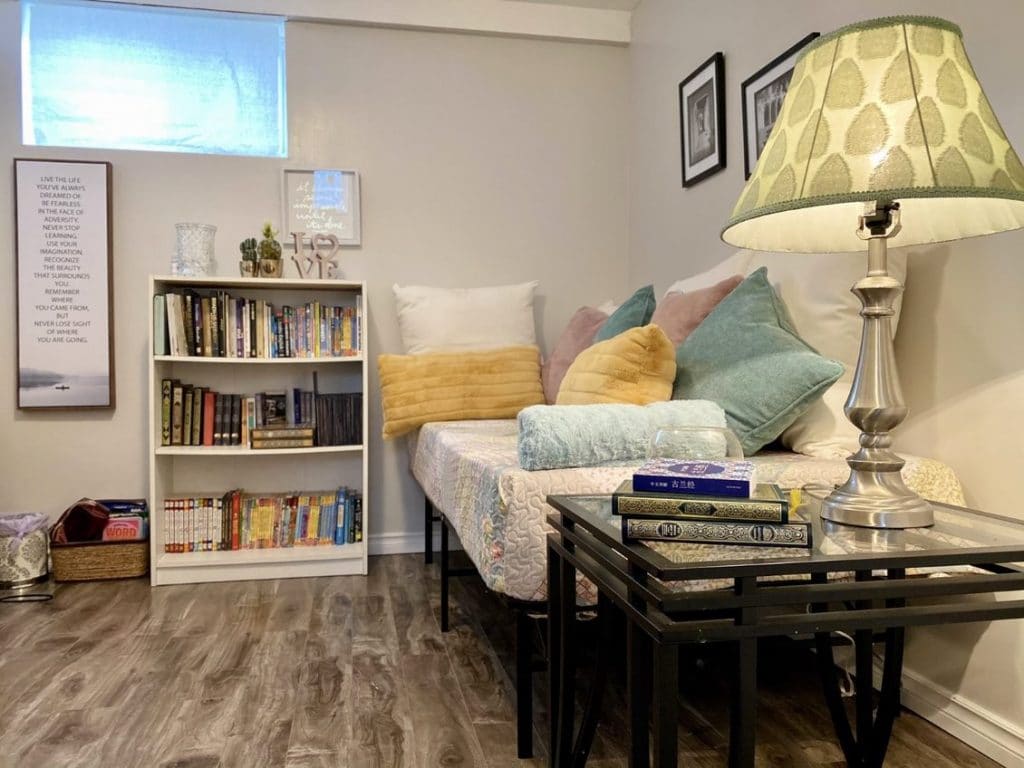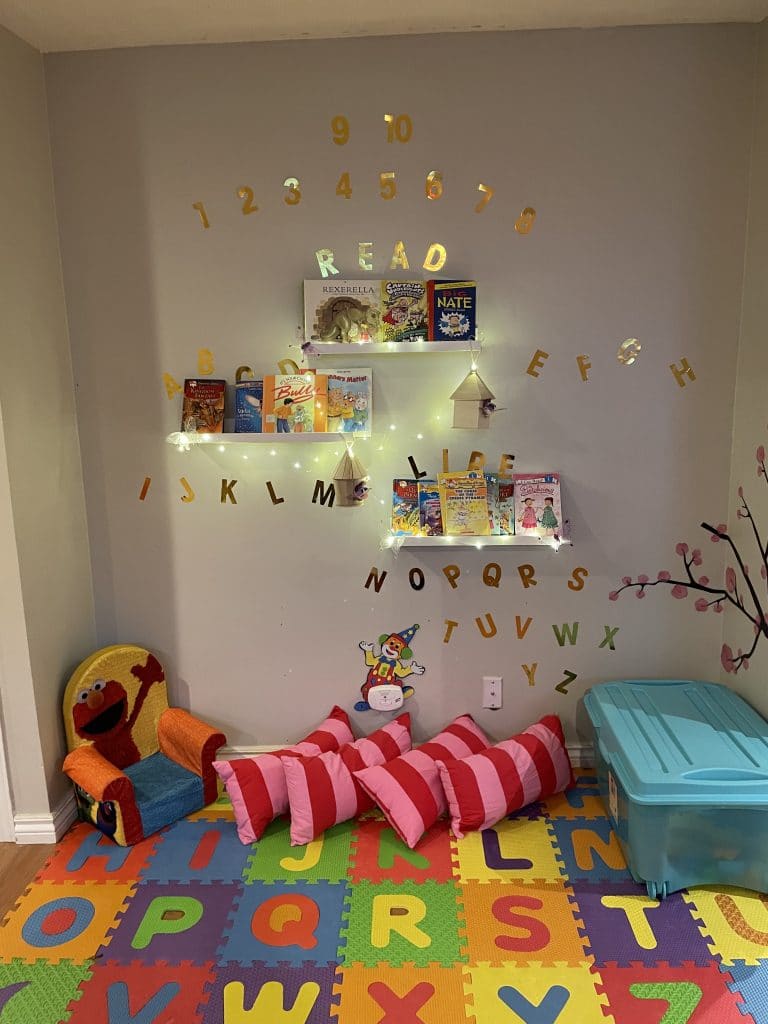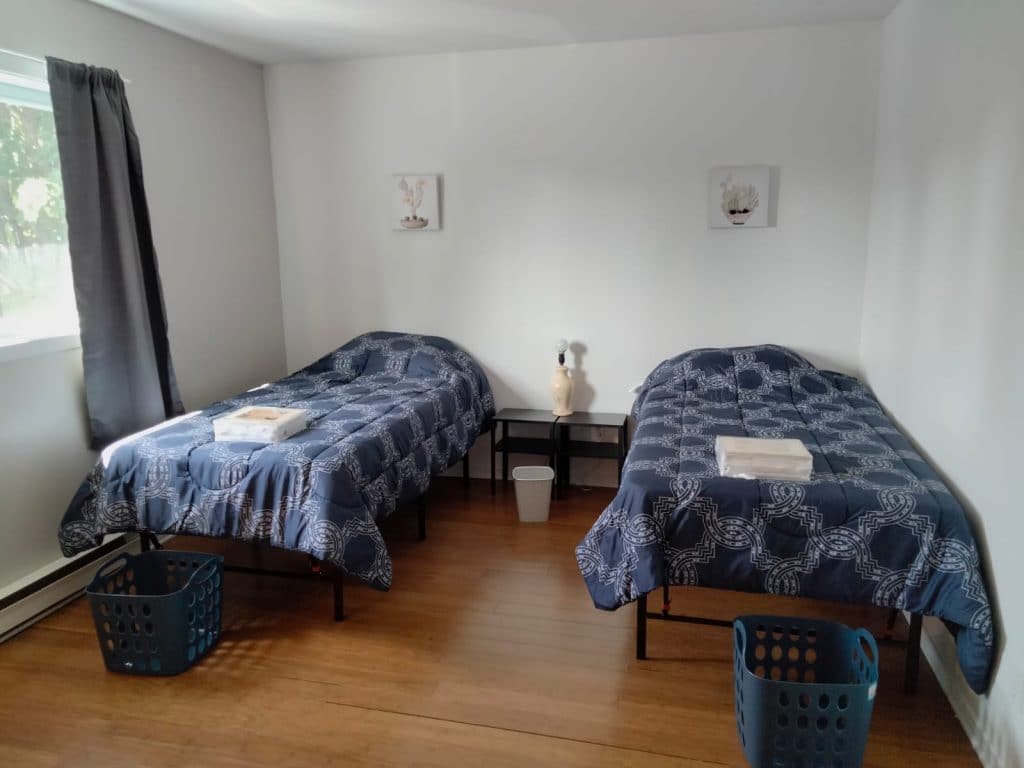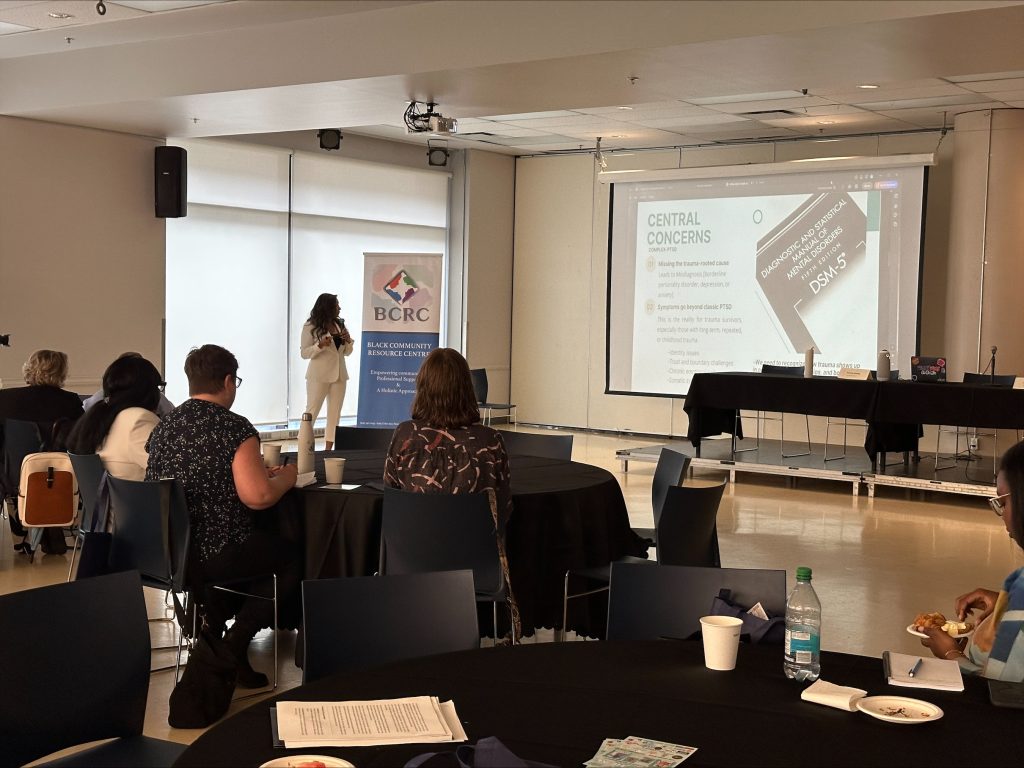How a centre for survivors of intimate partner violence is helping Muslim women during Ramadan
Posted April 6, 2022 5:50 pm.
Last Updated April 6, 2022 7:00 pm.
A culturally responsive home for survivors of intimate partner violence across Canada is taking extra measures to ensure Muslim women feel welcome and safe during Ramadan.
The Muslim holy month began April 2 and Nisa Homes, a centre for women fleeing intimate partner violence with eight locations in Canada, is doing its part to provide help and stability.
Ramadan is a time of family and togetherness in the Muslim world, but that sense of community can feel a world away for women in difficult situations desperately needing a place to stay.
The staff at Nisa Homes say providing some comforts of home can make a big difference for women in distress, especially for those with young children.
“We can offer halal meals for our clients, which is very important to them,” said Christine Proulx, the operations manager of Nisa Homes Montreal. “We’re helping them have their Iftar and their Suhoor, which are their meals that are different than the regular times of the day. And we celebrate Eid for them as well.”
Approximately 1.8 billion Muslims around the world and more than one million Muslims in Canada will be fasting from before dawn to sunset for 30 days during Ramadan.
“Especially they’re coming in so stressed, with so much baggage and trauma, they don’t want to live in a situation where people will look at them, ‘why is she looking like that, why is she eating that way, why is she praying, or why is she doing that,’” said Proulx. “So removing that stress really helps so much.”
The organization opened its first home in Mississauga, Ont., in 2015. Now there are homes in Calgary, Edmonton, Vancouver, Scarborough, Ont., Windsor, Ont., Ottawa and Montreal. A Hamilton, Ont., location is coming soon.
“Most times when we have clients coming in, they tell us how they don’t feel accepted, or they feel different at the other places, or they feel othered,” said caseworker Nayab Baig. “So with this, when we have different cultural backgrounds of Muslim women in the same house, they feel more welcome and feel more at home. That’s the feeling we’re trying to give them as well.”



Various degrees of trauma
The women and children who find refuge at Nisa Homes come from all walks of life and are dealing with various degrees of trauma.
“We had a lady, refugee coming in,” recounted Proulx. “She had children with her. And whenever she went out of her room, she would lock her children in the room, worried that something would happen to them.
“And I recognized when we’re offering the meals and we’re cooking, they have all possibilities, meat, they have everything. I would find the girls open a can of something and eating directly from the can. I remember telling the older one, she was 14, ‘you know Habibi I can warm that up for you.’ And she said, ‘no no no, this is how we eat, this is how we eat it.’ This really affected me.
“Bringing in this woman to trust us, to sit with us, to even let her children out of that room to mix with the rest of the families. You know things are bad out there, but until it comes to you a situation like that, it just feels so bad.”
Baig says part of the process at centres for women fleeing intimate partner violence like Nisa Homes is to let the clients know the staff is always there to help.
“Constantly remind them that we are here for them, and despite the trauma that comes with them – which is a lot – we remind them that we will still be here for them regardless,” said Baig.








